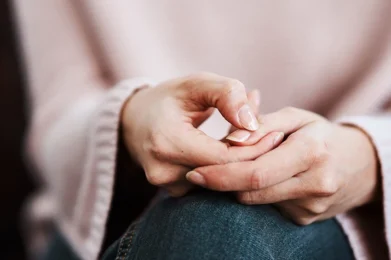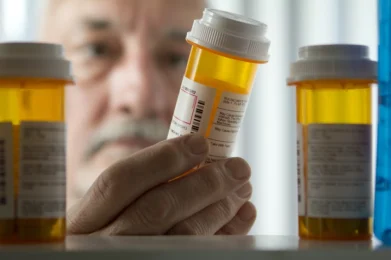In This Article:
- Depression is a disease, and it should be treated as such. While the symptoms may be less obvious, affecting the brain rather than the body, that doesn’t mean depression can’t take a drastic toll on your overall health.
- People who have depressed relatives, abuse drugs or alcohol, have certain chronic medical conditions or had traumatic experiences during childhood are most susceptible. Women get it twice as often as men, and the first episodes most often occur in early adulthood.
- If you think a friend or loved one may be in trouble, take the initiative to approach them. Depression can hinder a person’s ability to act on their own and get help.
It’s normal, and even healthy, to feel sad once in a while
Opening your heart to a range of emotions makes it possible for you to feel joy when life is good. But how can you tell the difference between sadness and depression? There are several depression symptoms you can look for, according to the National Institute of Mental Health.
Depression affects people from all walks of life. Depression is an illness of the brain and, just like cancer or heart disease, being wealthy and successful is no protection from getting it. Unlike other serious health problems, however, depression may not be immediately obvious to see, and some people think it’s not serious, or that you can “just snap out of it.”
First episodes most often occur in early adulthood, but it can begin at any age. Women get it twice as often as men. Those with close relatives with depression are more at risk, as are those who abuse drugs or alcohol, those with certain chronic medical conditions such as heart disease and diabetes, and those who had many traumatic experiences during childhood.
To be diagnosed with depression, your symptoms must be present for at least two weeks. While not everyone who is depressed experiences every symptom, there are some clues to watch out for:
- Feelings of sadness, emptiness or hopelessness
- Decreased interest in activities the person used to enjoy
- Too little or too much sleep
- Loss of energy
- Restlessness or a feeling of being slowed down
- Feelings of worthlessness or guilt
- Decreased ability to think or concentrate
- Recurrent thoughts of death
Depression impacts every part of your life, including how you feel, think, and handle simple daily tasks like sleeping and eating. Shame and stigma still surround depression and other mental illnesses, and too often stop a person from getting help.
If you think a friend or loved one may be in trouble, take the initiative to approach them because depression can affect a person’s ability to act on their own to get help. Often the suffering person needs others to help them get treatment. You can start by saying, “I notice you just don’t seem to be yourself lately, and I’m worried about you.”







